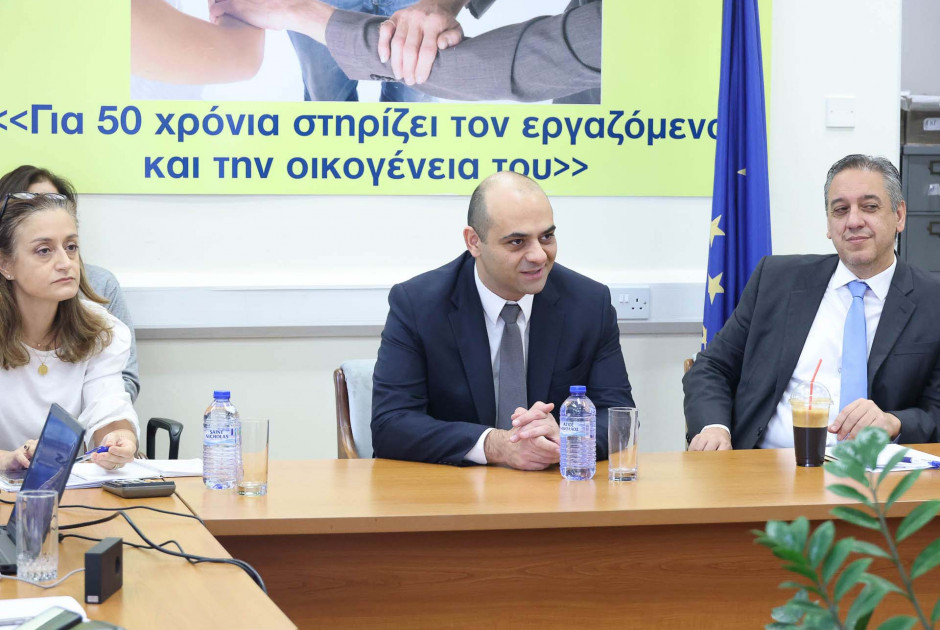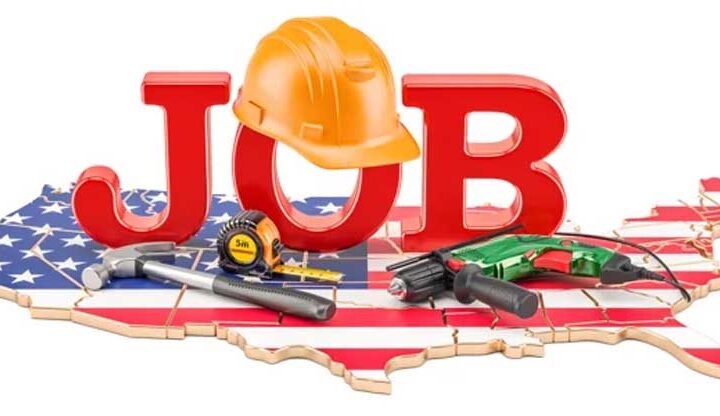Unions and employers failed to agree to a common increase in the national minimum wage on Friday, with Labour Minister Yiannis Panayiotou calling stakeholders to a new meeting next week, days before the new rate comes into force.
Social partners were supposed to reach a consensus on the next increment for the national minimum wage, with trade unions seeking a base rate above a thousand euros, while employers want to pay €30 to 40 above the current amount.
The increase will impact some 25,000 low-paid workers in the private sector, where the minimum wage has been set at €885, rising to €940 after a six-month period.
Panayiotou confirmed the imminent minimum wage hike, but said patience was needed regarding the exact amount of the increase.
The Labour Minister said that the Labour Advisory Body will reconvene next week, expressing optimism that “we will be able to reach a consensus on the future of the minimum wage.”
Factors to be considered for a final decision include the current path and dynamic of the economy, productivity and unemployment levels.
Announcements regarding the increase are anticipated before Christmas, according to the minister, who refrained from specifying the exact amount.
Panayiotou said that, “together with social partners, we will take decisions that should be balanced.”
He noted that both employers and trade unions recognise the need to raise the minimum wage, but there is a divergence in terms of the amount of the increase.
The Minister noted that “for workers to meet their obligations, they should realistically have significantly higher earnings”.
Substantial gap
During discussions with social partners in recent months’, a substantial gap was bridged with “a lot of consensus,” as he pointed out.
“The decisions to be made will be balanced and within the framework of socio-economic responsibility,” he added.
The revision of the minimum wage will impact between 20,000 to 25,000 private sector workers, as well as a number of hourly-paid public sector workers, according to the Labour Minister.
He emphasised that these are the most vulnerable workers with limited skills, who, in order to receive an increase, even a few euros, must have it mandated by the government.
The discussion on increasing minimum earnings comes almost a year after the establishment of the landmark National Minimum Wage at €940 per month after €885 for the first six months of employment, which became active on January 1 by the decree of then Labour Minister Kyriacos Koushos.
As per the decree, the first adjustment of the National Minimum Wage will occur on January 1, 2024, and subsequent adjustments will take place every two years based on specific criteria, decided by a nine-member committee including trade unions and employers.










